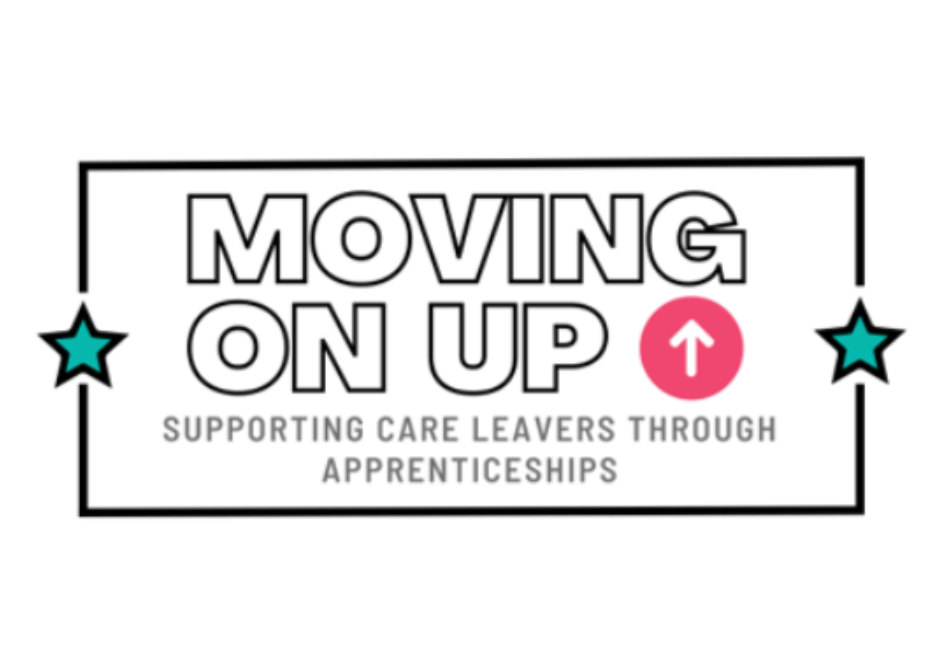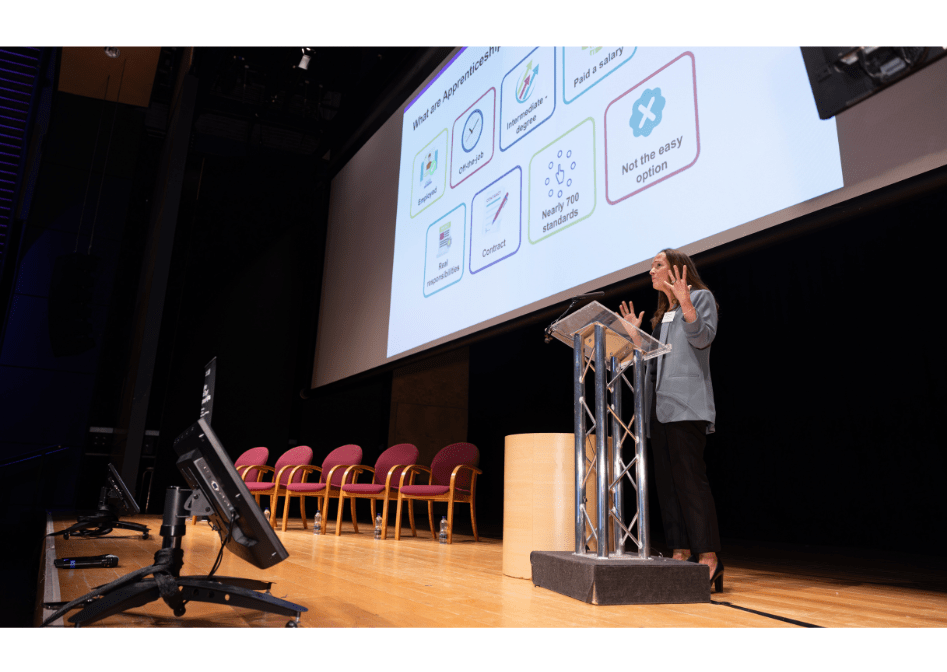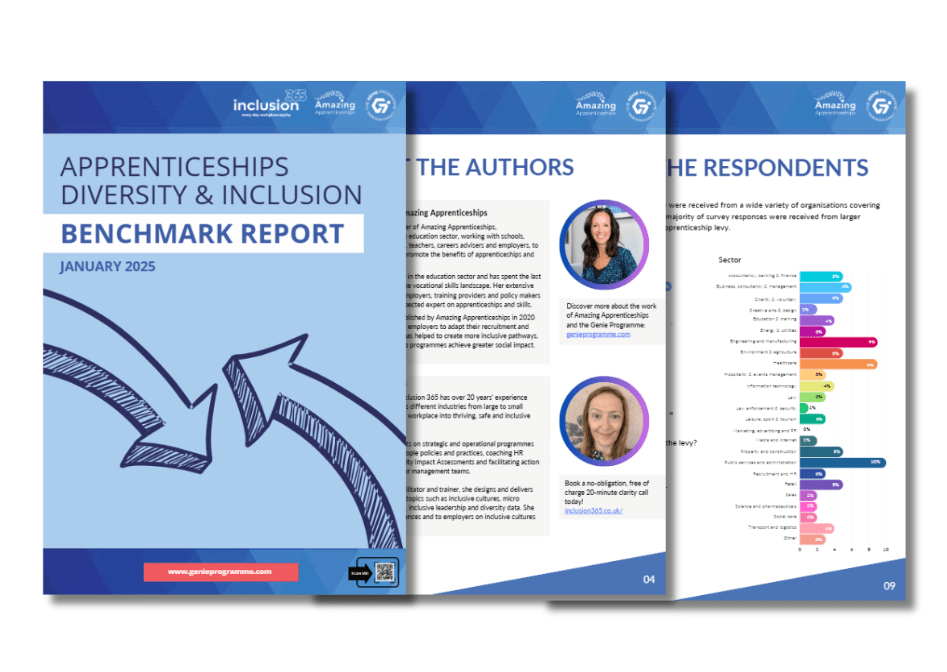How can Foundation Apprenticeships widen access to employment?
November 04, 2024

In a recent article for the d&i Leaders website, Anna Morrison, Founder of Amazing Apprenticeships, contributed her thoughts on the potential of the newly announced ‘Foundation Apprenticeships’ to widen access to employment.
Youth employment is a key priority for the UK Labour government, which recently launched Skills England to improve the country’s skills system and make learning more responsive to the labour market. A central part of this initiative is the introduction of the Growth and Skills Levy, replacing the Apprenticeship Levy, pledging to give employers more flexibility in spending. The Prime Minister also announced “Foundation Apprenticeships,” aimed at reducing youth unemployment by creating new pathways into work for young people.
The number of young people not in education, employment, or training (NEET) has risen sharply, with nearly one million 16–24-year-olds now classed as NEET. In this article, Anna Morrison explains that Foundation Apprenticeships could be positioned to help this group by offering flexible entry routes into employment, with support for mental health, travel costs, and essential skills like English and Maths.
Anna emphasised the need for inclusive programmes that cater to disadvantaged young people who face barriers to traditional apprenticeships. Past initiatives like Traineeships and Kickstart have successfully helped many young people into work, and Anna writes that she hopes Foundation Apprenticeships will build on this legacy. Anna also highlights the importance of flexibility, so the new programmes can support those with disabilities, caring responsibilities, or care experience.
As seen through Amazing Apprenticeships’ campaign work, employers are increasingly recognising that qualifications alone are not the only measure of potential. Tesco’s Stronger Starts Retail Apprenticeship programme welcomes applicants with no qualifications or prior experience. Opportunities like this provide more accessible routes into the workforce for underrepresented groups.
Alun Francis, chair of the Social Mobility Commission, also contributed to the article, and called for more high-quality apprenticeships at Levels 1-3 to bridge skills and earnings gaps. While government policy plays a crucial role, employers can take action now by offering more inclusive early career opportunities to a broader range of young people.
Read the full news piece here.
Latest News

March 13, 2025
Moving On Up Network receives special message from Jacqui Smith, Skills Minister

February 24, 2025
Cutting Through The Complexities Of Apprenticeships

February 17, 2025
Amazing Apprenticeships’ special mention in Parliament

February 17, 2025
Exploring Opportunities in Hertfordshire

February 17, 2025
2,400 vacancies from over 80 leading employers – The January listing is here!

February 03, 2025